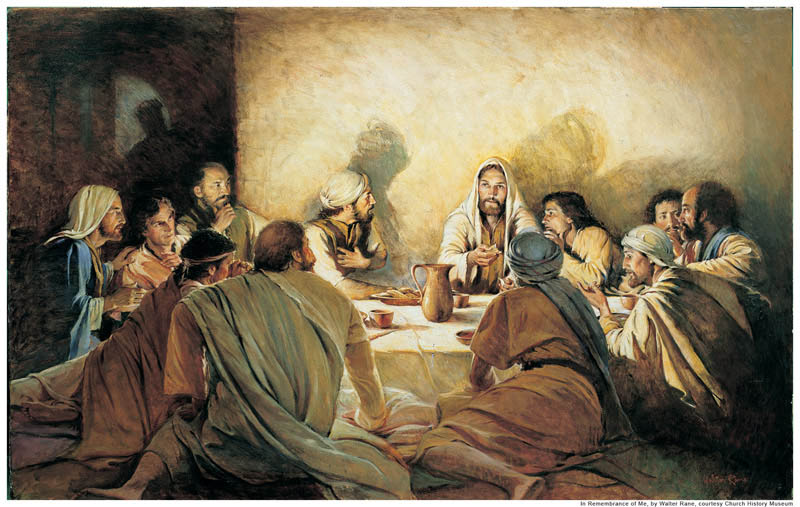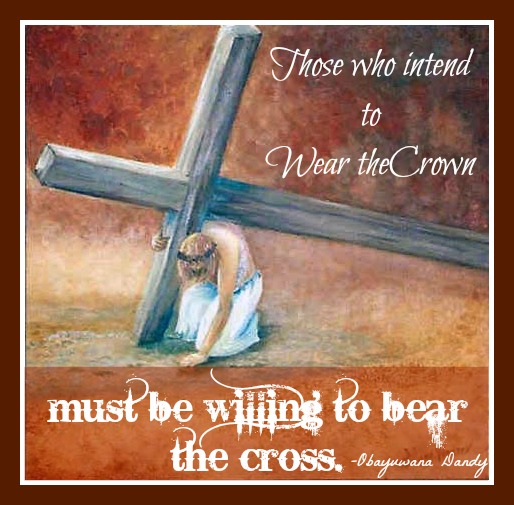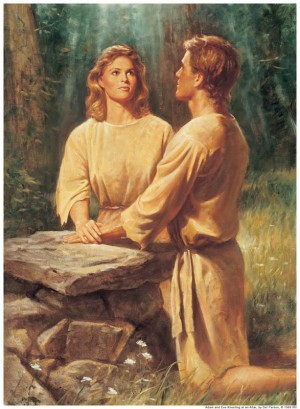The actual name of the church Mormons belong to is The Church of Jesus Christ of Latter-day Saints. Although outsiders most often use the term Mormon to refer to the members, Mormons themselves usually shorten the name of the church to LDS and say that they are LDS—Latter-day Saints. Some people find that offensive because they view the term the way Catholics and members of some other churches use it. For these people, the term is reserved for a very small number of holy people.
 Mormons use the term because it is the one used in the New Testament. New Testament followers of Jesus did not call themselves Christians. That term is used just three times, and always in a context that suggests it was used by outsiders to refer to them, in the same way it was outsiders who first referred to the Latter-day Saints as Mormons. Eventually, Mormons accepted the name and even used it themselves for the name of their world famous Mormon Tabernacle Choir. However, they ask that it be used only to refer to the people, not to the Church itself. Christians, likewise, eventually took the name of Christian onto themselves as a way to identify themselves as followers of Christ. However, it was not the name they originally chose.
Mormons use the term because it is the one used in the New Testament. New Testament followers of Jesus did not call themselves Christians. That term is used just three times, and always in a context that suggests it was used by outsiders to refer to them, in the same way it was outsiders who first referred to the Latter-day Saints as Mormons. Eventually, Mormons accepted the name and even used it themselves for the name of their world famous Mormon Tabernacle Choir. However, they ask that it be used only to refer to the people, not to the Church itself. Christians, likewise, eventually took the name of Christian onto themselves as a way to identify themselves as followers of Christ. However, it was not the name they originally chose.
“32 And it came to pass, as Peter passed throughout all quarters, he came down also to the saints which dwelt at Lydda. (Acts 9:32)
James Faulkener, a professor at Brigham Young University, addressed this issue on Pathos. He said, “In the Hebrew Bible, when used to refer to people or things, the word holy means something like “set apart for holy purposes,” always to God and often for purposes of temple ritual. Because holy objects have been set apart, they can be used properly only in certain ways. But it is important to recognize that holiness derives from being set apart, not from the character of the object in question.
“For example, the altar is holy because it has been set apart for use in the temple, not because it has a certain shape or is made of a particular material. Any use of the altar not in line with its prescribed use as a holy object is forbidden. Similarly Israel is holy because it is chosen, not the reverse. Being called and set apart for particular divine purposes makes Israel holy, and that holiness puts them under solemn and divine obligation, the obligation to live up to the holiness to which they have been set apart. If Israel obeys God, that obedience is the proper response to their calling—to the fact that they are holy—but that obedience is not what makes them holy.”
 Mormons, then, are not saying they are perfect or holy, but rather that they are called to strive for perfection according to the standards God set. The Bible offers many commandments and Jesus Christ spent much of His ministry teaching His followers how to live. Faith and conversion are essential and we are not saved by our works—only the atonement of Jesus Christ can save us. We are, however, judged by our works. The Bible makes this very clear in many places. We cannot call ourselves Christians—or Saints—and then happily spend our lives sinning. We are expected to constantly strive to put away the natural man and to become Christ-like. This is the way the word saint was used in Acts—a person who had joined Christ’s church, repented, and had been baptized, and was now working to live the life Jesus Christ taught us to live. Paul did not presume the people he taught were perfect—only that they had been set apart to strive for perfection and to take on themselves the name of Jesus Christ.
Mormons, then, are not saying they are perfect or holy, but rather that they are called to strive for perfection according to the standards God set. The Bible offers many commandments and Jesus Christ spent much of His ministry teaching His followers how to live. Faith and conversion are essential and we are not saved by our works—only the atonement of Jesus Christ can save us. We are, however, judged by our works. The Bible makes this very clear in many places. We cannot call ourselves Christians—or Saints—and then happily spend our lives sinning. We are expected to constantly strive to put away the natural man and to become Christ-like. This is the way the word saint was used in Acts—a person who had joined Christ’s church, repented, and had been baptized, and was now working to live the life Jesus Christ taught us to live. Paul did not presume the people he taught were perfect—only that they had been set apart to strive for perfection and to take on themselves the name of Jesus Christ.
Additional Resource
“Mormon Saints” by James Faulconer
About Terrie Lynn Bittner
The late Terrie Lynn Bittner—beloved wife, mother, grandmother, and friend—was the author of two homeschooling books and numerous articles, including several that appeared in Latter-day Saint magazines. She became a member of the Church at the age of 17 and began sharing her faith online in 1992.



